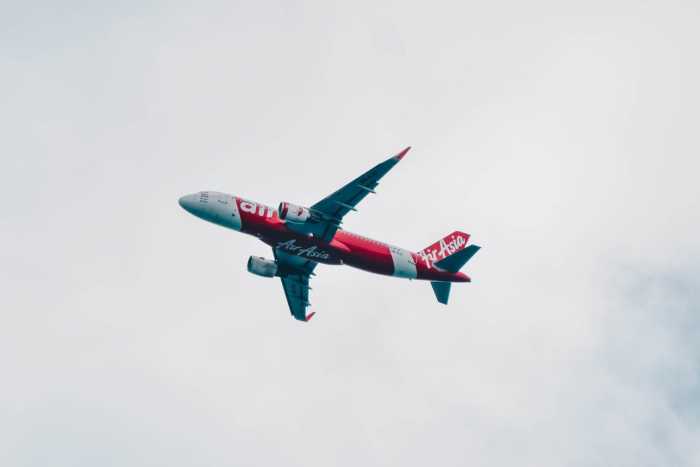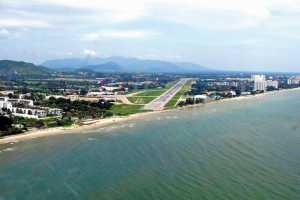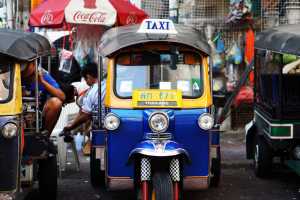
THAI Unfazed by the High Maintenance Costs of Superjumbo
8th Nov 2012

here's no plane quite like Airbus A380 which is the world's largest aircraft today. The plane boasts of the state-of-the-art technology and a host of advanced features not seen in other aircraft which make it the world's most efficient aircraft to operate.
THAI owns one of these superjumbos and openly declares to the media that maintaining such plane entails huge costs which it clearly undermines. A single wheel, for instance, costs Bt 3 million to replace. Recently, it replaced two of its wheels after the plane logged 100 flights.
The superjumbo can carry more passengers than any other type of aircraft so its high maintenance cost is well-compensated.
According to its pilot, Captain Peerasak Nopananchai, though the plane boasts of the world's most advanced operating system it is still needs a team of pilots to ensure security and safety to the passengers and crew all throughout, from takeoff to landing.
The A380's sheer size requires a greater number of cabin crew to attend to the needs of no less than 500 passengers. Compared to Boeing 747's 18 flight attendants, the A380 needs 24 attendants to ensure optimum service to its passengers.
THAI began flying the aircraft on October 6 on its Hong Kong and Singapore routes.
While it is true that the large number of passengers create longer queues upon arrival at the immigration counters, the company said that it is easily offset by the efficiency of the plane as well as the lower impact to the environment.
According to its general manager for Hong Kong and Macau, Nonthakorn Trakulpa, the cabin factor of the airline hit 85% in October but is expected to drop 73% this month and it would contract further to 66% on December, based on the bookings. He explained that the pattern is normal as most passengers purchase tickets usually 2 weeks prior to their flight dates.
THAI operates five-times-daily returns flights on its Bangkok-Hong Kong sector. The high capacity of the A380 requires higher cleaning costs between flights as it is restricted to stay in the parking bay for only one hour at the Hong Kong airport. If it stays longer than one hour, it will pay extra charge.
The airline is contemplating on deploying the superjumbo to other destinations as well when necessary.
The flag carrier has ordered five more A380s to augment its fleet of 89 aircraft including its lone superjumbo. It will take delivery its next three A380s starting this month until February 2013. The last two aircraft are expected to arrive on the last quarter of 2013.
The superjumbos will operate on intercontinental or long-haul flights such as Frankfurt, Hong Kong, Narita and Paris from its Bangkok hub.
According to Mr. Peerasak, a total of 120 pilots were specially trained by Airbus company in Toulouse, France to fly the A380 aircraft.









